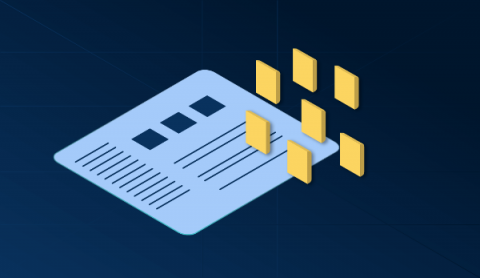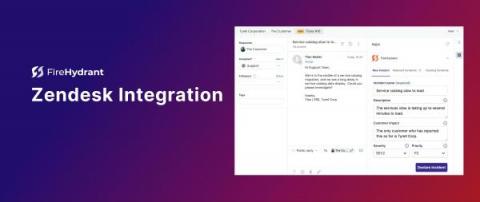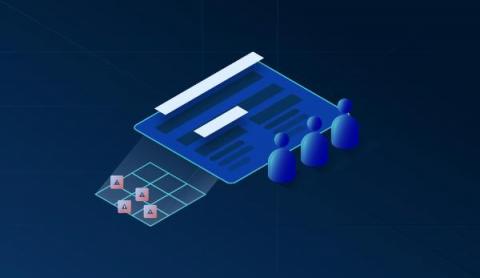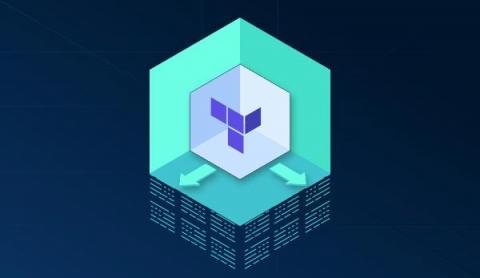Operations | Monitoring | ITSM | DevOps | Cloud
Latest News
Identify and manage impacted customers with our new Zendesk integration
Customer support tickets are a key indicator of which customers are being actively impacted by an incident. Incident-related support tickets are an important component of impact assessment, incident prioritization, and effective stakeholder communications. FireHydrant's new Zendesk integration allows Enterprise tier users to: With our Zendesk integration you can streamline customer impact assessments and incident communications, resulting in reduced support response times and incident durations.
What Makes a Perfect Incident Management Checklist? We Asked the Experts!
The perfect incident management checklist doesn’t need to be a fantasy. In fact, it shouldn’t be! The perfect incident management checklist should cover several topics, be broken down into bite-size sections, and help team members quickly identify tasks that fall under their responsibility. We asked our experts what should be included in the perfect incident management checklist. Here are their answers.
Building Workflows, Part 1 - Core concepts and the Workflow Builder
At incident.io, we’re building tools to help people respond to incidents, often by automating their organisations’ process. Much of this is powered by our Workflows product, which customers can use to achieve things like: Workflows as a product feature are incredibly powerful, and we’re proud of the value they provide to our customers. Behind-the-scenes, though, building something like workflows can be difficult.
Building Workflows, Part 2 - the executor and evaluation
This is the second in a two part series on how we built our workflow engine, and continues from Building workflows (part 1). Having covered core workflow concepts and a deep-dive into the Workflow Builder in part one, this post describes the workflow executor, and concludes the series with an evaluation of the project against our goals.











